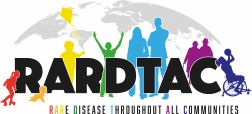Excellent meeting passionate North West group of carers supporting people living with rare diseases
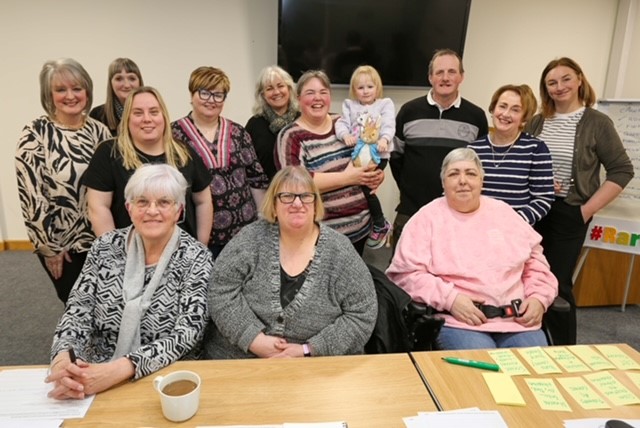
Blog from Samuel Robinson, PPIE lead for RD-CASTNI
RD-CASTNI is a project funded by the Medical Research Council to develop an online tool supporting carers who are supporting people living with rare disease(s)
On Friday we travelled to Londonderry for a focus group meeting to hear the voices of Carers of Rare Disease Patients in the North West of Northern Ireland. Sandra (who is a volunteer for NIRDP as well as having many other roles) very kindly and expertly arranged a group of carers to meet and share some of their stories with us. Eleven (11) carers joined us for in depth discussions. It was a pleasure to share experiences and hear their voices and concerns about being a Carer. While carers who are supporting people living with rare diseases have many challenges in common with carers for people with more common conditions, this group clearly highlighted key concerns that are unique to this group of carers, many of whom provide 20+ hours of care each day, 365 days of the year.
They stressed that Carers supporting people living with rare diseases are:
- Medical navigators: the carer had to arrange doctors/hospital/consultant appointments, often juggling complex treatments and many medications. When they attended appointments with healthcare professionals, often the doctor did not acknowledge the carer themselves even though they knew everything about the patient's day to day living, or indeed may have the same condition themselves. A few had contact with specialists in England, but this is not helpful for emergency care for example.
- Advocates - Fighters, determined, persistent: for improved diagnosis, care, educational support and much more. There was a perception that Schools do not want to understand rare conditions - for example, thinking a child was just being difficult and even spoke of bullying and lack of response from schools.
- Peer supporters: the benefits of connecting with others who have experienced similar things, who can signpost to advice and further support, or sometimes just knowing someone is trying to help. A quote from the day, "Life can change overnight when support is found - it's transformational". We discussed teenagers and young adults who did not want to speak about anything with a older person, but would benefit from support connecting with someone their own age.
- Researchers: seeking accurate, reliable information about individual conditions, voluntary support groups, practical help. Some found getting information was OK, but they didn't know what to trust and they had to search themselves again and again. Many highlighted how they reached out to Sandra for local support and found such relief at finding someone who would try and help them. Others used FaceBook groups, but noted they were very cautious and careful about posting on their own circumstances as the person they were caring for didn't want to be identified & that in itself is stressful trying to remember what to say and what not to say.
- Financially concerned: Everyone noted the cost of living with a rare disease - extra heating when people cannot wear heavy layers, extra electricity for medical equipment, long distances to travel for healthcare appointments, lack of treatment options leading to people seeking complementary and alternative therapies, dietary needs etc.
There were excellent discussions on the need for carers to look after themselves - if carers are not able or around, who else will support the person / people they care for? However, it's hard work trying to be consistently positive and often carers have no time for self care so looking after our own wellbeing and health is often neglected. It was interesting to hear how carers from the North West had options to attend different groups or meet friends for a coffee. With carers in more rural locations, we've heard this is nearly impossible as most would have to drive to find groups or coffee shops and that's then too long to leave the person they care for.
Overall it was an excellent meeting with the North West focus group and we are looking forward to meeting them again in the near future. The voices are coming through loud and clear that we need a hub with all the information and good signposting available to anyone Caring for someone with a Rare Disease so they don’t feel so isolated and alone.
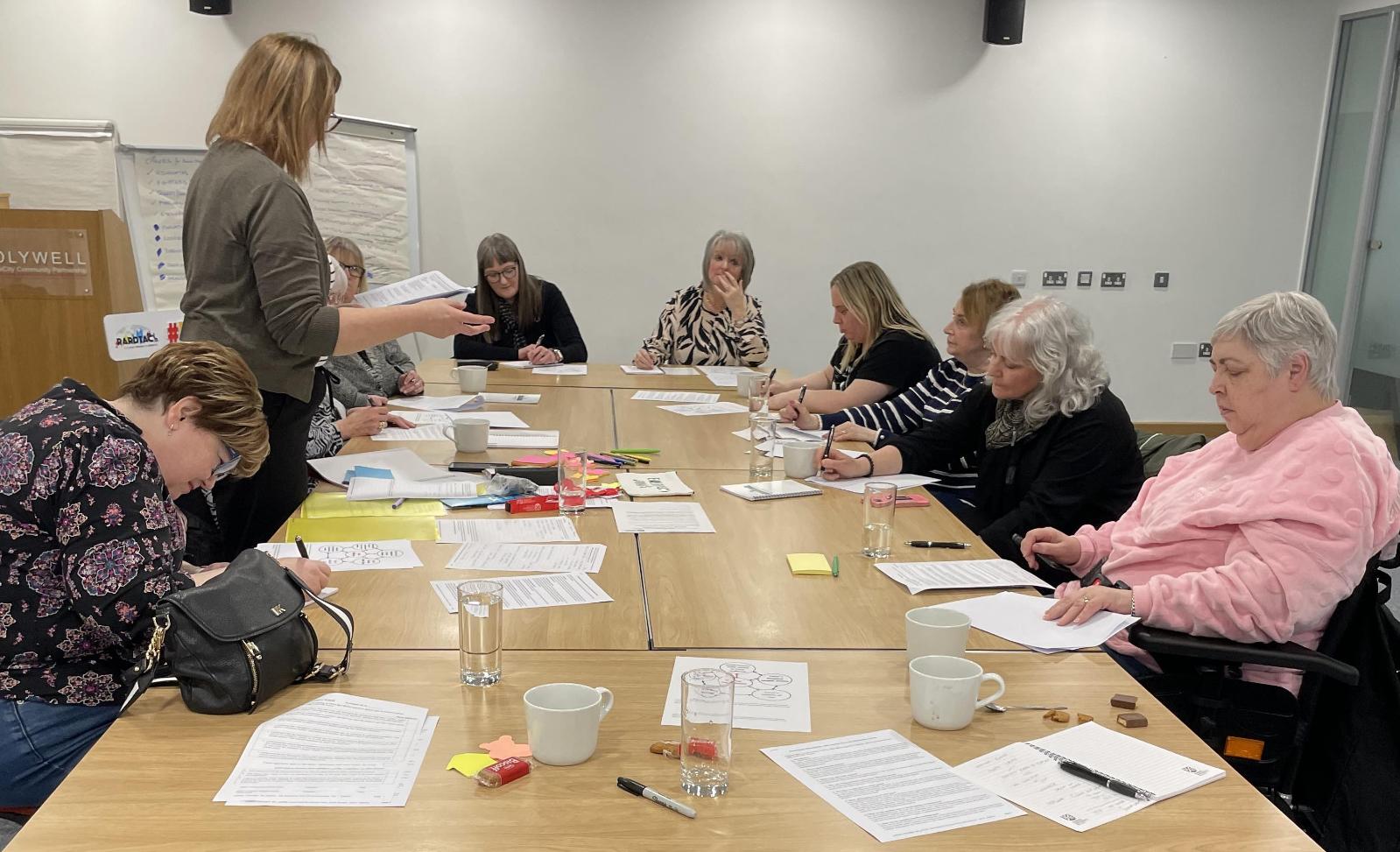
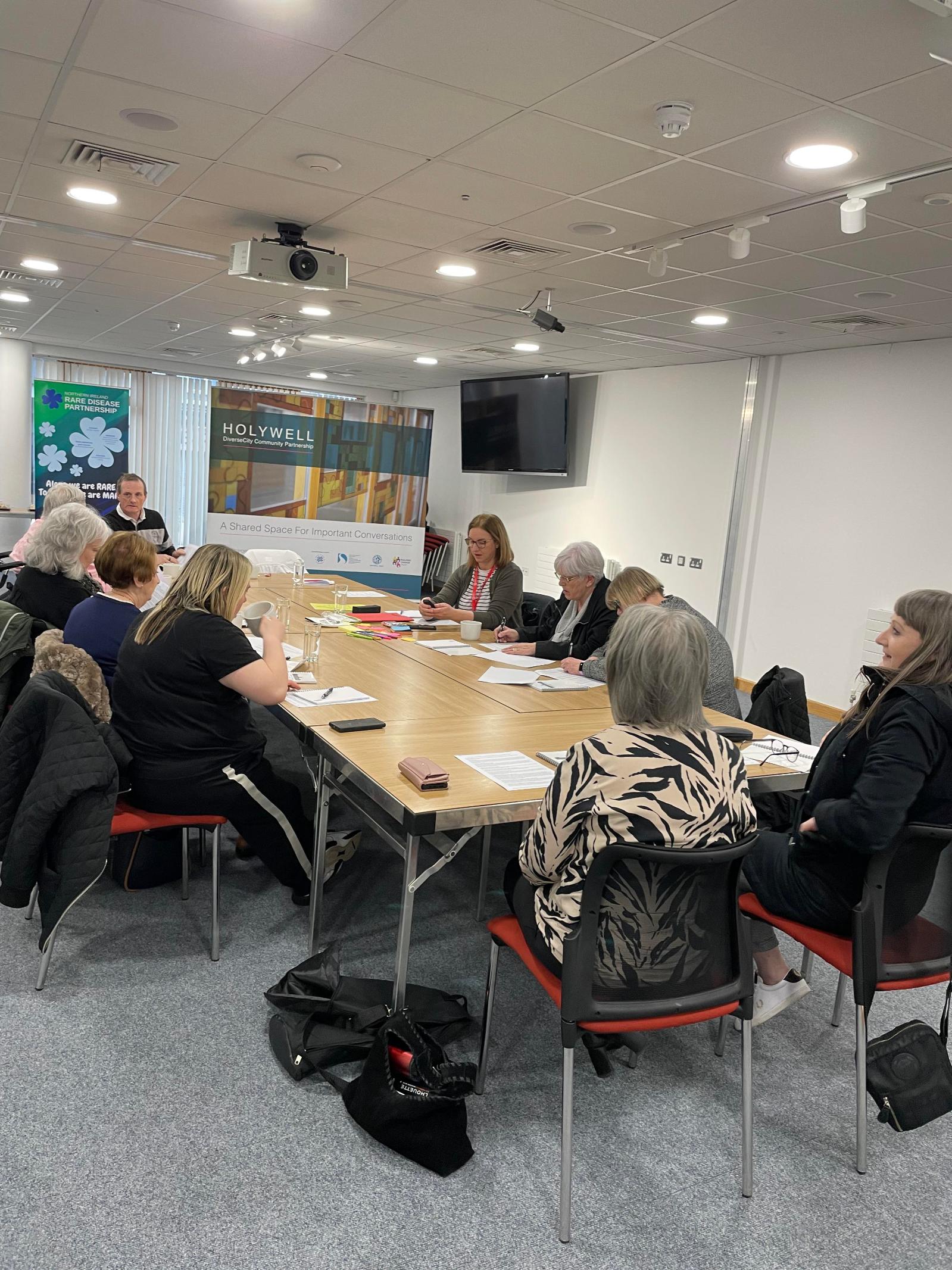
Please don't hesitate to reach out if you are keen to be involved in this project: raredisease@qub.ac.uk
Sam, (who lives with a rare disease and cares for multiple family members with rare diseases)
For note: the All Ireland RAre disease Interdisciplinary research Network (RAiN) recently launched a children and young person's research advisory group with new members welcomed. https://www.qub.ac.uk/News/Allnews/2024/all-ireland-children-and-young-adults-research-advisory-group-rare-diseases-launched.html
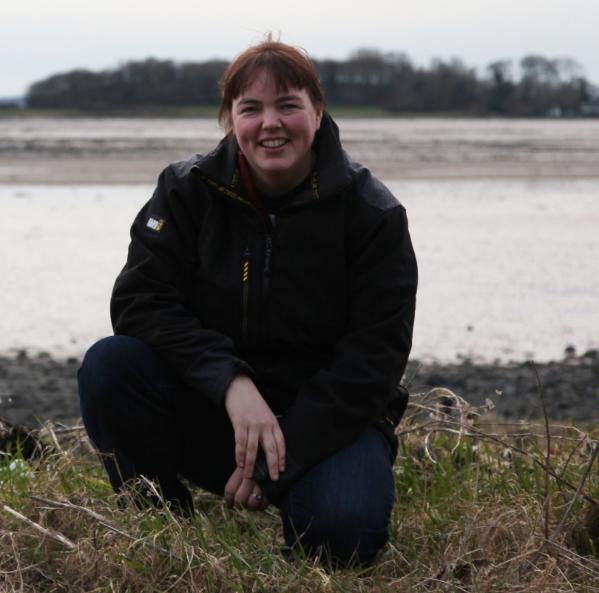
Media
Please do contact our rare disease team by email for further information.

